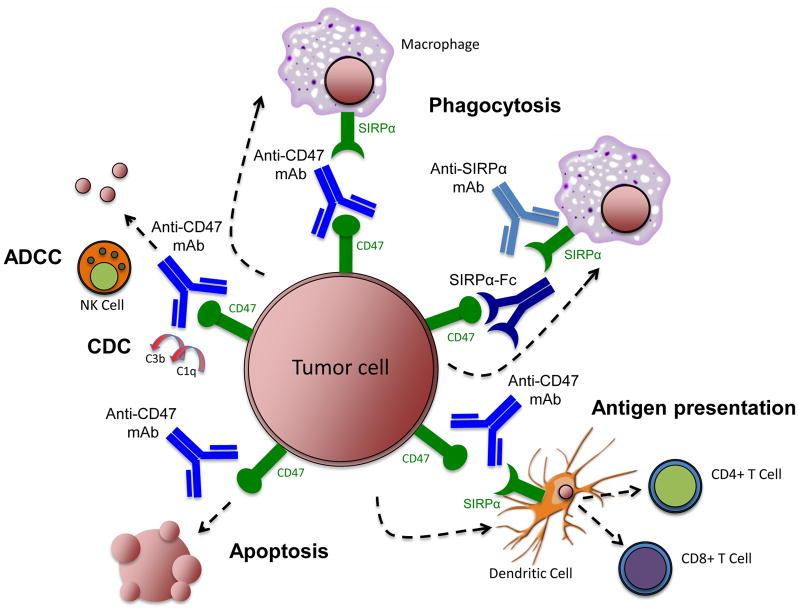Figure 1. Mechanisms of targeting the CD47-SIRPα pathway in cancer.
Therapeutic targeting of the CD47-SIRPα pathway can cause elimination of cancer cells through multiple mechanisms. First, inhibition of the CD47-SIRPα interaction with a blocking anti-CD47 antibody, a blocking anti-SIRPα antibody, or a recombinant SIRPα protein (depicted here as a bivalent Fc-fusion protein) leads to phagocytic uptake of tumor cells by macrophages. Second, an anti-CD47 antibody can eliminate tumor cells through traditional antibody Fc-dependent mechanisms including NK cell-mediated ADCC and CDC. Third, anti-CD47 antibody may directly stimulate apoptosis of tumor cells through a caspase-independent mechanism. Fourth, anti-CD47 antibody may enable phagocytic uptake of tumor cells by DCs and subsequent antigen presentation to CD4 and CD8 T cells, thereby stimulating an anti-tumor adapative immune response. mAb=monoclonal antibody.

